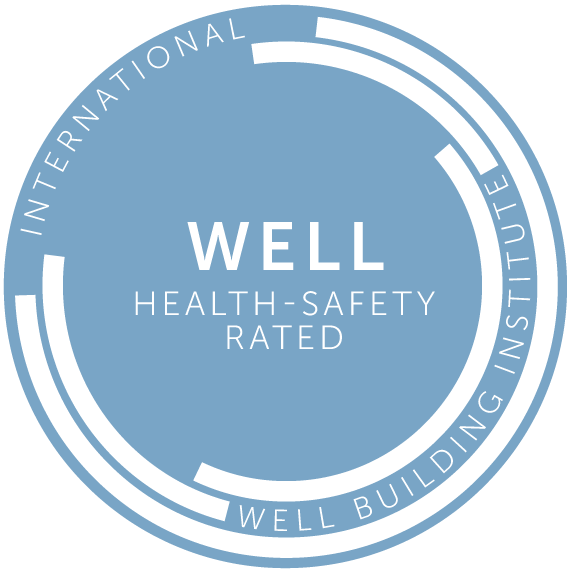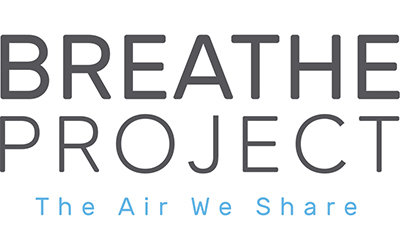Air Pollution and Lung Health: Think-Act Globally and Locally
Sally Wenzel, M.D. | Chair, Department of Occcupational and Environmental Health, University of Pittsburgh
Watch This Presentation:
Air pollution has been increasingly recognized to have many consequences, from climate change to disease. Although the air quality in the United States in many areas is better than it has been in years, the improvements are not uniform. Additionally, globally, air quality in China, India and other developing countries is increasingly poor. Many studies now link air quality to diseases like heart disease, cancer and lung disease. Pittsburgh has a legacy of industrial pollution as a rust belt city. Pennsylvania still relies heavily on coal-powered energy and Pittsburgh is now becoming a more attractive place to live with increasing traffic problems. All this contributes to Pittsburgh and particularly specific regions, having some of the worst air quality in the country. This is now being recognized as damaging to the lungs of people, with recent studies from our department highlighting the impact of air pollution on lung disease, specifically asthma and the mechanisms by which it occurs.

About the Speaker
Dr. Sally Wenzel completed her MD degree at the University of Florida and spent 19 years at National Jewish and the University of Colorado before moving to the University of Pittsburgh. She received numerous awards from the American Thoracic Society and the European Respiratory Society. She is currently Director of the University of Pittsburgh Asthma and Environmental Lung Health Institute at UPMC, and Chair for the Department of Environmental and Occupational Health, at the Graduate School of Public Health, University of Pittsburgh. Dr. Wenzel has a passion for improving the understanding of asthma, in particular severe asthma, where both genetic and environmental factors are likely to be playing a role. She has promoted severe asthma as a complex disease and her studies of asthma phenotypes are internationally recognized.




